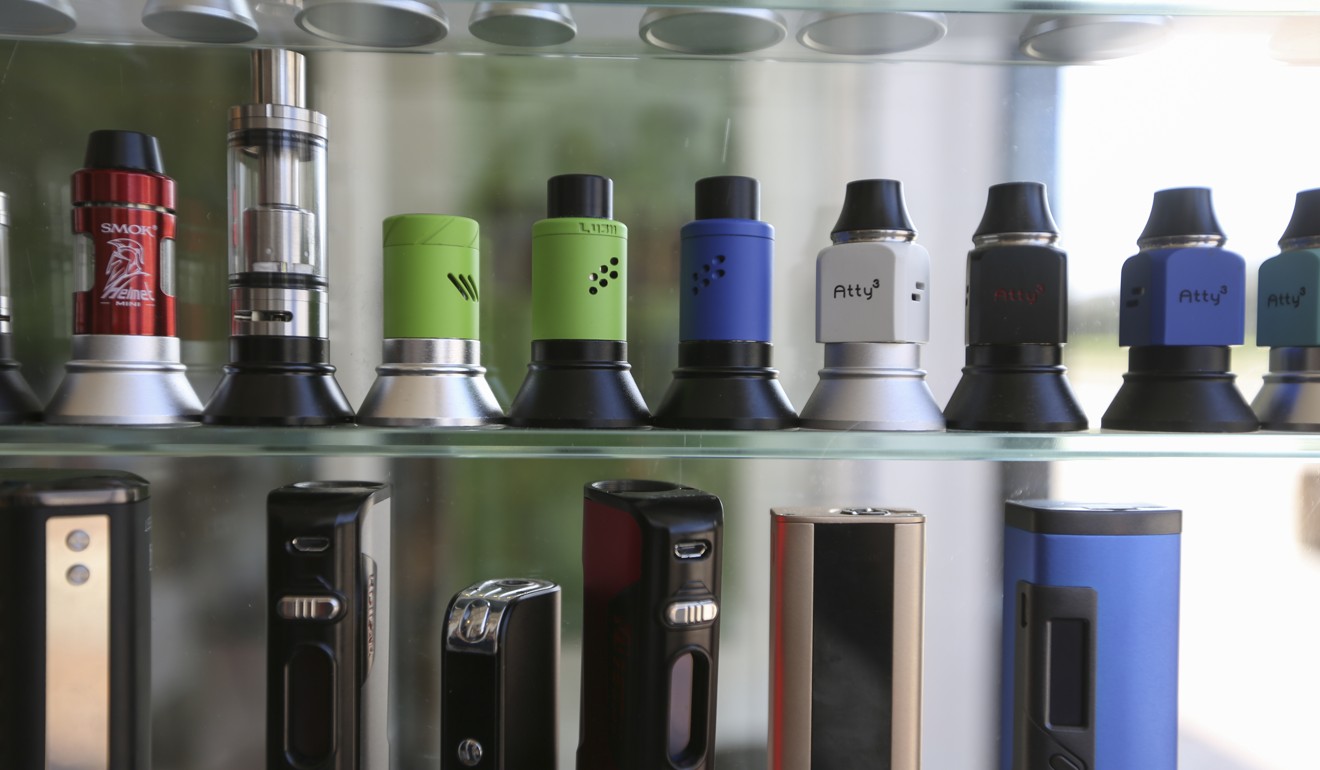
E-cigarettes aren’t risk-free, but still less harmful than cigarettes
For many cigarette smokers, quitting the habit is a fantasy. However, there are new alternatives to smoking that could turn that into a reality, unless governments get in the way.
Tobacco harm reduction is the idea that smokers should have access to products that meet their nicotine needs in ways that are less harmful than cigarettes. Smokers should not be limited to a single all-or-nothing option: smoke cigarettes or nothing.

Vaping and e-cigarettes: a dangerous gateway or a safe tool for quitting smoking?
Ban cigarette sales and encourage vaping to hit smoke-free goal, New Zealand MPs told
This is not to diminish reasonable concerns, such as seeking to limit the use of these products by children. However, these alternative products can be made available to smokers while addressing any legitimate concerns that might exist. Governments should ensure they don’t throw up needless legal obstacles that would prevent innovative products from being available to their citizens.
Daren Bakst, senior research fellow, Roe Institute for Economic Policy Studies, The Heritage Foundation

